Java Programming Essentials
The language for building scalable and secure applications.

Course Overview
Our 4-day comprehensive Training helps you master Java Programming Essentials from the ground up! This hands-on course covers Java fundamentals, object-oriented programming, syntax, and real-world application development.

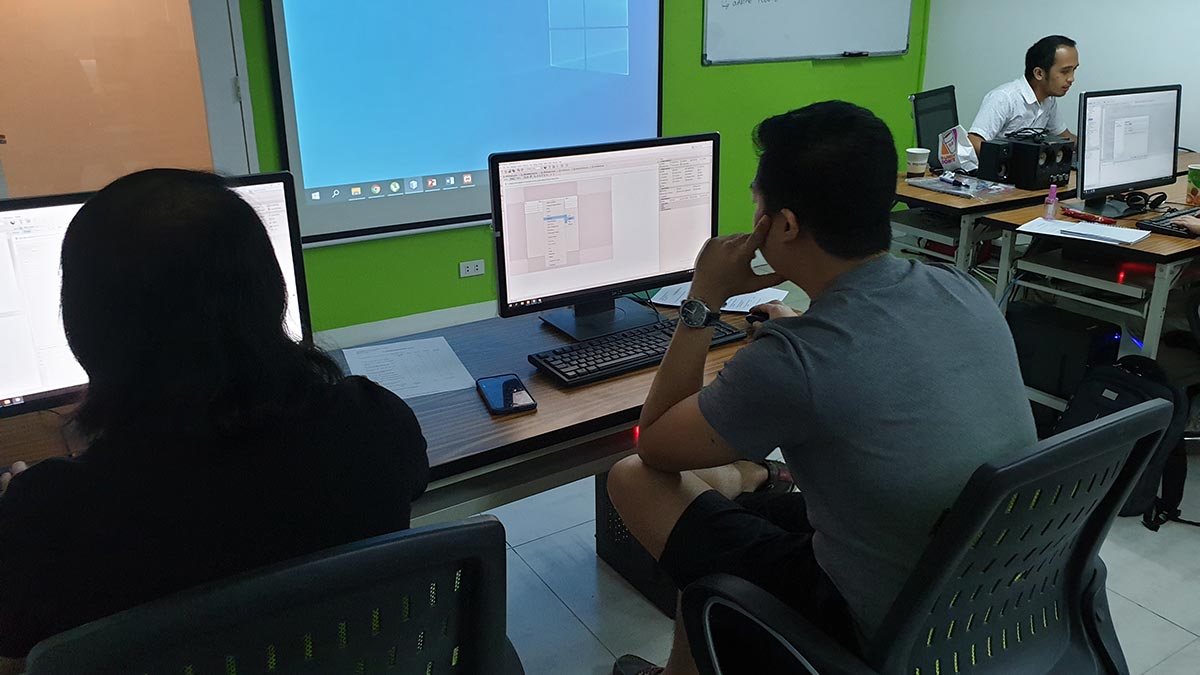
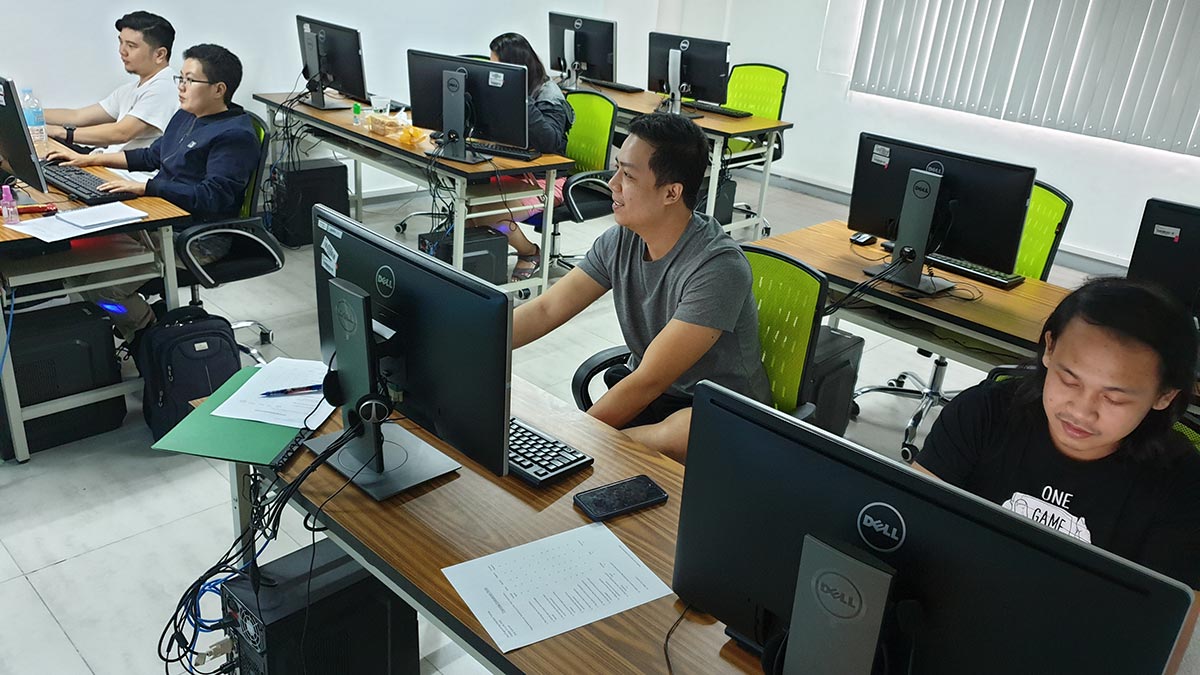
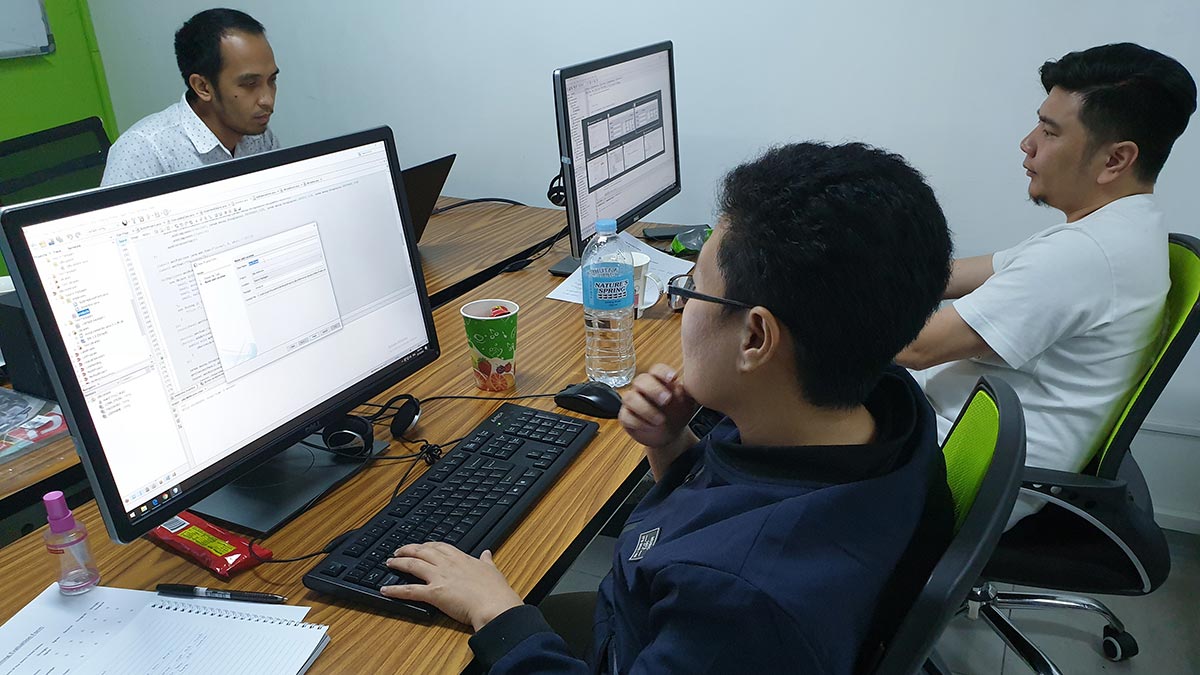

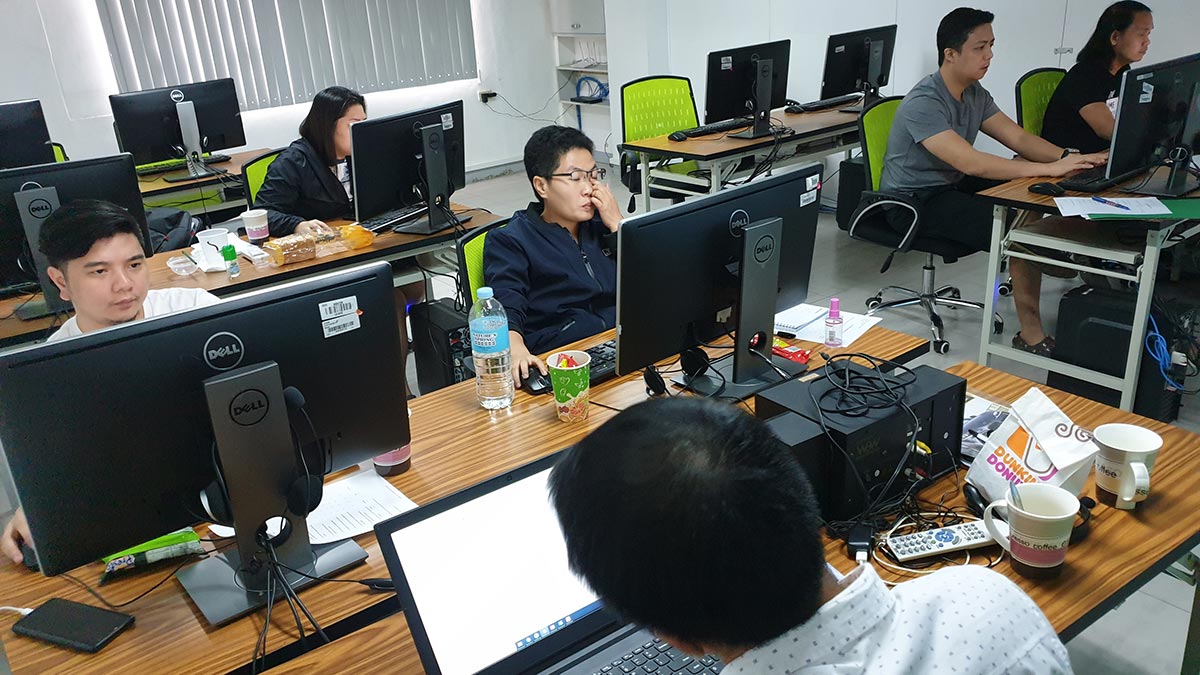

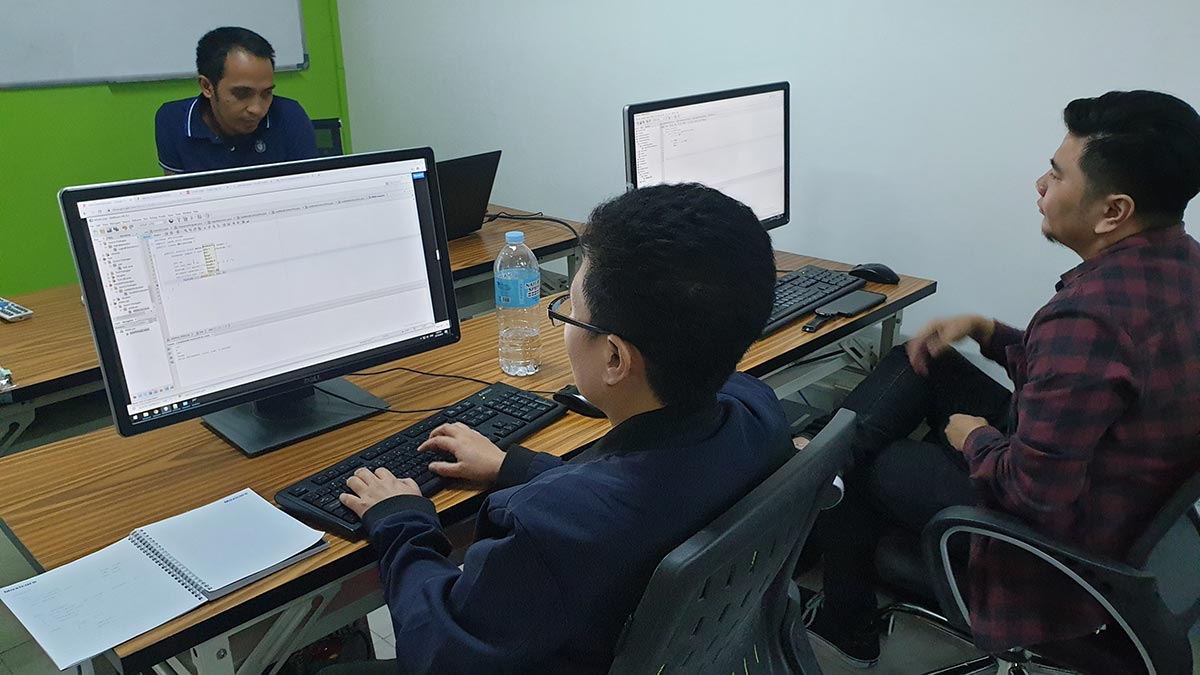

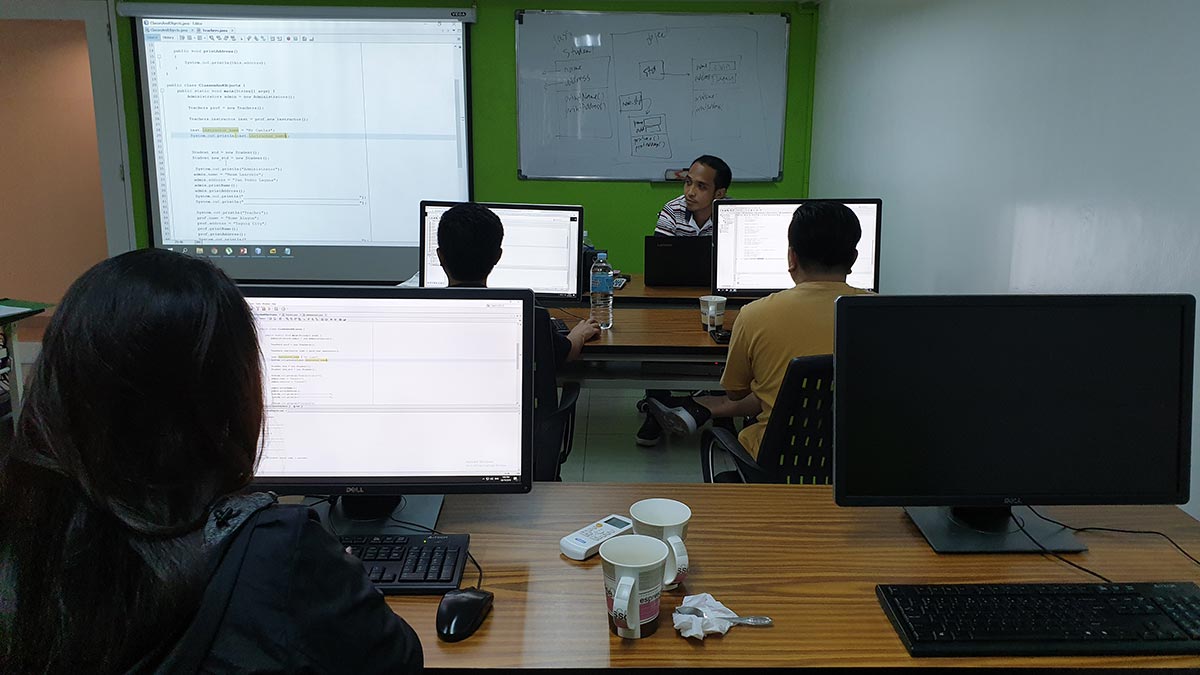

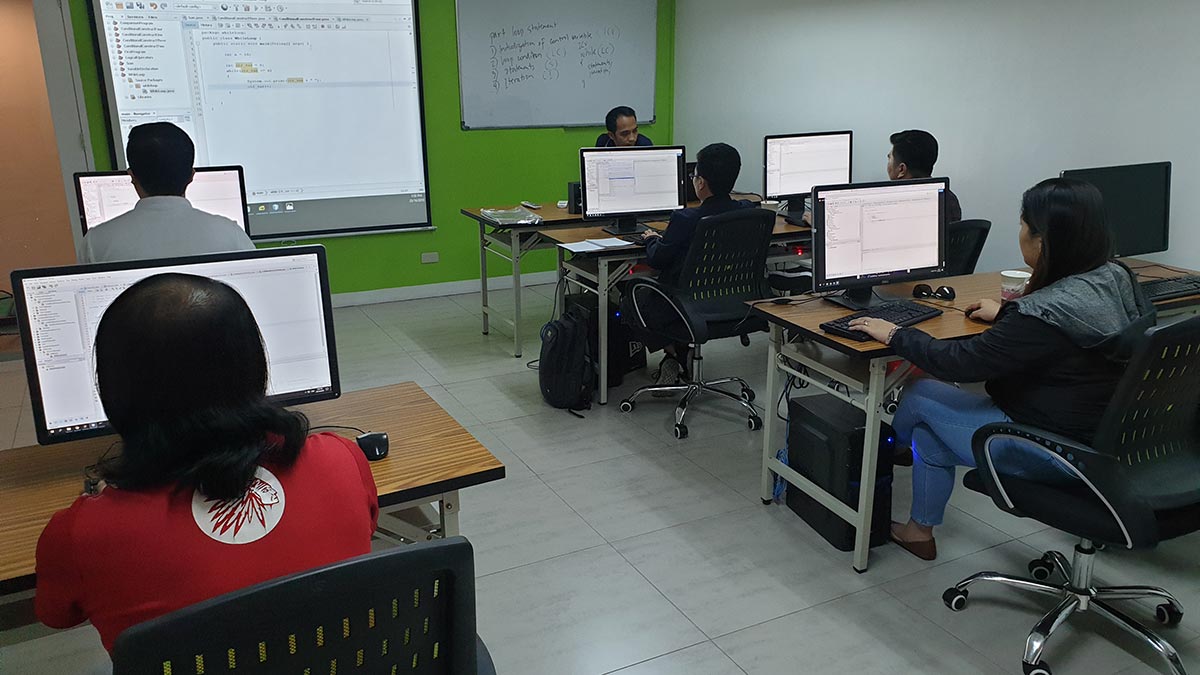

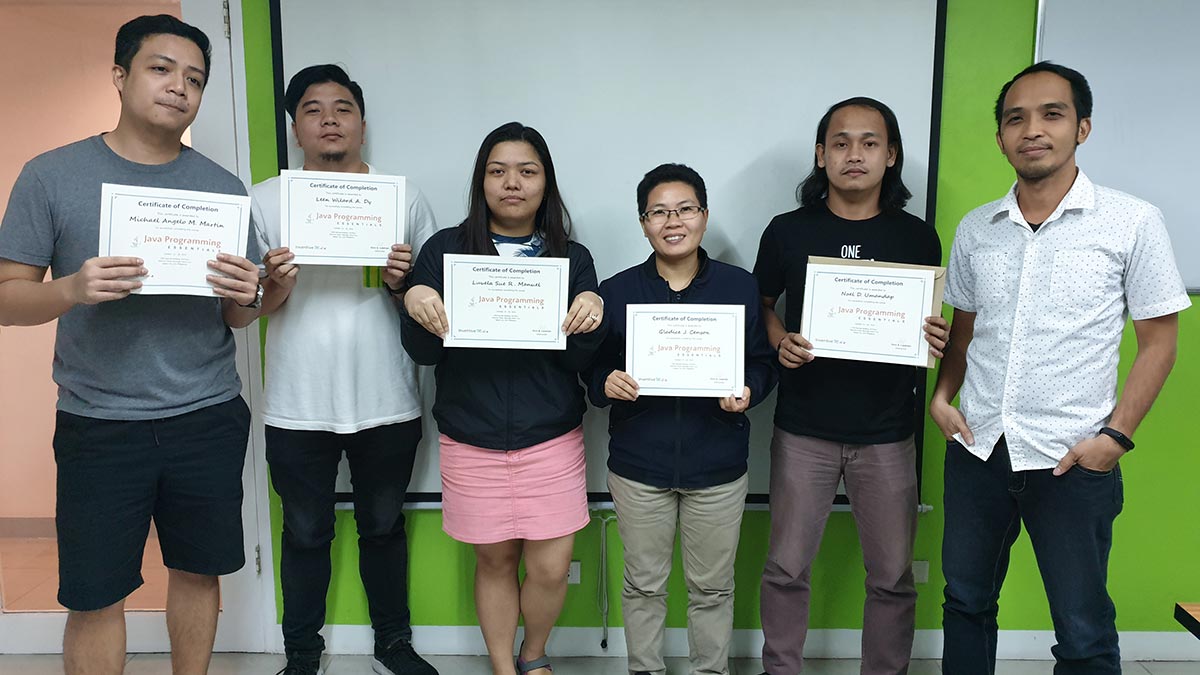
Ranked as one of the Best Schools for Web Development
- Our founder, Henry N. Ong II, is the recognized pioneer of CMS web development courses in the Philippines
- The First school to offer WordPress, Joomla & Drupal Classes since 2006
- The First school to offer Laravel Class since 2014
- The First school to offer Bootstrap Class since 2014
- Pearson Vue Accredited Testing Center
- PhilGEPS Accredited Center
- Globally Recognized Course Certificate
- Around 85% of government agencies and LGUs take web Development classes from us
Frequently Asked Questions
- Basic Computer knowledge and Skills in PC or Mac.
- Basic programming knowledge: Understanding concepts like variables, data types, loops, and functions is crucial for learning Java effectively.
- Java is an object-oriented programming language, so it may require some basic understanding of OOP principles such as classes, objects, and inheritance.
- Having some experience with other programming languages like C, C++, Python, HTML, CSS, JavaScript or PHP can be beneficial as it aids in grasping Java’s syntax and concepts.
- Certificate of course completion
- Training references (PDF)
- Exercise materials
- Some add-ons
- Free trainer consultation
- Unlimited Free Retakes
Unlimited Retakes = Unlimited Hours of Learning!
We understand that individuals have different learning styles and paces, that’s why we offer the opportunity to learn at your own speed. If you need more time to grasp a concept, you are welcome to come back and retake the class at no additional cost. We believe in providing students with the support they need to succeed.
To Avail: Finish the course to qualify for the unlimited refresher classes
Validity: 1 Year
The Java Programming Essentials course is designed for individuals who are beginners or have limited experience in Java programming. The target students include:
- Beginners in Programming: Those who are new to the field of programming and want to start learning with Java as their first language.
- Students or Academic Learners: Individuals pursuing academic studies, such as students in computer science or related fields, who need to acquire a foundational understanding of Java programming.
- Career Switchers: Professionals from other disciplines looking to transition into a career in software development and wanting to build a solid foundation in Java.
- Self-learners and Enthusiasts: Individuals who enjoy self-paced learning and have an interest in programming, specifically in Java.
- Entry-Level Software Developers: Those seeking to enter the software development industry and considering Java as their primary programming language.
- Technology Enthusiasts: Individuals with a keen interest in technology and programming, aiming to add Java to their skill set.
- Anyone Interested in Java: The course is open to anyone curious about Java programming, regardless of their background or current skill level.
Java is a versatile, object-oriented programming language known for its portability, security, and reliability. It allows developers to write code once and run it anywhere (WORA), meaning Java applications can run on different devices without modification.
What is Java Used For?
- Web Development – Powers dynamic websites and applications.
- Mobile Apps – The backbone of Android app development.
- Enterprise Software – Used in banking, healthcare, and business applications.
- Game Development – Creates games using frameworks like LibGDX and jMonkeyEngine.
- Cloud Computing – Supports scalable cloud-based applications.
- IoT & Embedded Systems – Runs smart devices and embedded systems.
Java’s flexibility makes it one of the most widely used programming languages in the world.
Java Developer – Design, develop, and maintain Java-based applications for web, mobile, or enterprise solutions.
Software Engineer – Build scalable software solutions using Java, working on both front-end and back-end development.
Backend Developer – Focus on server-side logic, databases, and API integrations using Java frameworks like Spring and Hibernate.
Full-Stack Developer – Develop both client-side and server-side applications, integrating Java with front-end technologies.
Android Developer – Create mobile applications using Java for the Android platform.
Cloud Engineer – Work with cloud-based solutions, leveraging Java for cloud computing services and microservices architecture.
DevOps Engineer – Automate deployments, manage infrastructure, and optimize CI/CD pipelines using Java.
Software Architect – Design high-level software structures and ensure the scalability and security of Java applications.
Big Data Engineer – Use Java with tools like Hadoop and Spark to process and analyze large datasets.
Cybersecurity Engineer – Develop secure applications and implement security protocols using Java.
Java expertise opens opportunities in various industries, including finance, healthcare, and e-commerce, with roles in both development and system architecture.
Course Outline
Day 1
- Introduction to Java
- System Requirements
- Setting-up Java Environment
- Getting started
- Printing output
- Reading input
- Variables
- Calculating with numbers
- Conditional statements
- Recurring problems and patterns to solve them
- Repeating functionality
- More loops
- Methods and dividing a program into smaller parts
- Discovering errors
- Lists
- Arrays
- Strings
- Trivia: Programming in our society
- Object-oriented Programming I
- Introduction
- Objects in a list
- Files and reading data
Day 2
- Recap
- Object-oriented Programming II
- Overloading methods and constructors
- Primitive and reference variables
- Objects and references
- Objects on a list and a list as part of an object
- Separating the user interface from program logic
- Trivia: Complex programs
- Programming paradigms and algorithms
Day 3
- Recap
- Object equality
- Class inheritance
- Interfaces
- Object polymorphism
- Streams
- Comparable Interface
- Packages
- Exceptions
- Processing files
- Type parameters
- Multidimensional data
Day 4
- Recap
- Graphical user interfaces
- UI components and their layout
- Event handling
- Multiple views
- Working with Database
- Creating Tables
- Adding, Updating, Deleting and Reading records from the database tables.
Single Course Promo
About the Registration
Feel free to register! Registering does not commit you to paying for the course immediately. Registration helps us track attendee numbers and enables us to stay in touch. Payment will only be requested once the course is confirmed to proceed.
Note: When choosing a schedule, you are limited to the available training dates posted on our website.